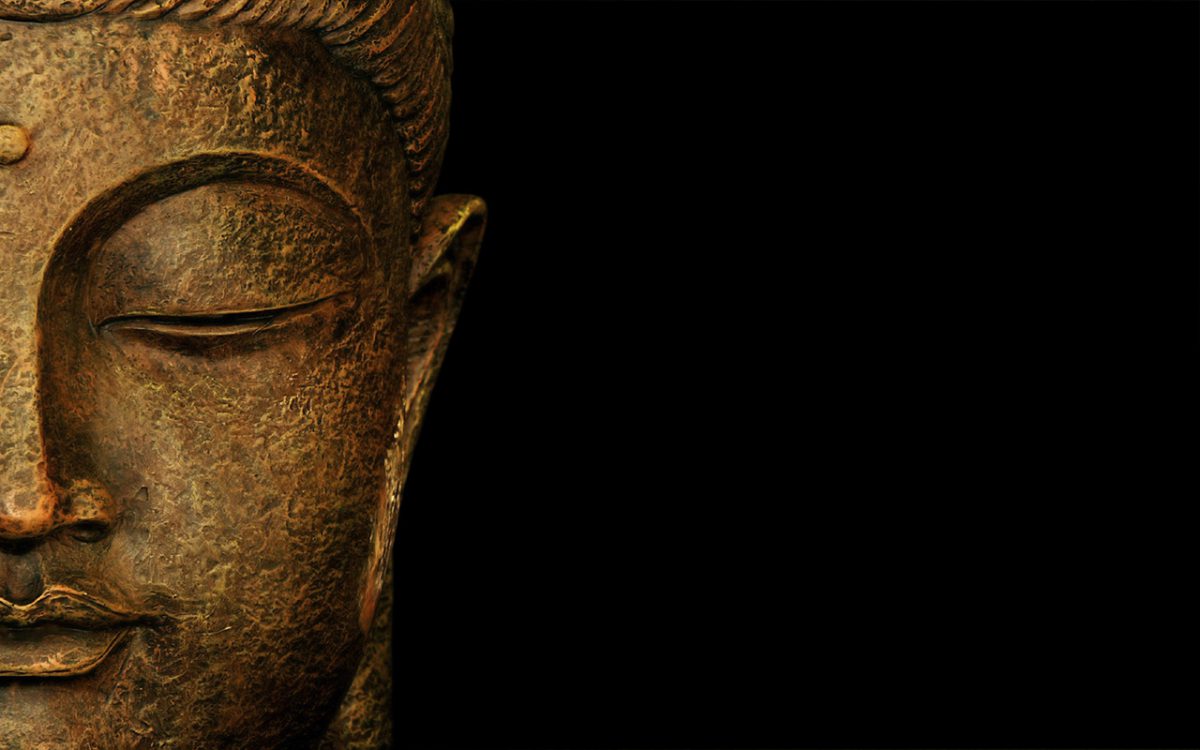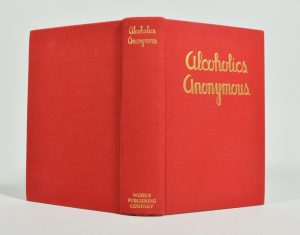I found the Mail to Self app a year and a half ago. It is genius in its simplicity and productivity. At the same time maniacal in the burden of its output. It is a ersatz news feed for me.
The app is added to your phone. You enter an email address into the app. After that when you swipe up or go to share a web page, article, etc. there is a button for Mail to Self. Just tap it and whoosh you got the article URL etc. in your inbox. The workflow is this. I will keep looking at my news feed, my papers, my sites, etc. and just mail to self to read later. Not so fast. My inbox is filled and I am not reading later cuz I got the attention span of a gnat
To repair the gnat in me I am going to post twice a week some of the articles I mailed to self. This is a way to share them with my non/imaginary readers and to force me to achieve inbox zero.
How to have a better death
This is from the April 29, 2017 Economist and perhaps one of the best articulated and presented cases for end-of-life care.
Most important, these medicalised deaths do not seem to be what people want. Polls, including one carried out in four large countries by the Kaiser Family Foundation, an American think-tank, and The Economist, find that most people in good health hope that, when the time comes, they will die at home. And few, when asked about their hopes for their final days, say that their priority is to live as long as possible. Rather, they want to die free from pain, at peace, and surrounded by loved ones for whom they are not a burden.
This is counter to what I’ve read and seen. Many patients receive hospitalized treatment that saps quality of life and renders the final days unbearable. All of this because family and friends want medicine to do everything possible to extend life where extending life is destroying life. And this is without consideration of what the loved one wants.
The Economist notes that death in the hospital means greater pain, stress, and depression for loved ones. While compared to similar patients in hospice. Death in the hospital leads to family strife and prolonged grief.
Donna was placed in hospice. She died in hospice. Her care there was loving and kind. My care from the hospice staff and her oncologist was supportive and focused on my long-term outcome. As I’ve said ‘Hospice saved my life.’
There is much to consider and learn in this short editorial. It ends with this:
But honest and open conversations with the dying should be as much a part of modern medicine as prescribing drugs or fixing broken bones. A better death means a better life, right until the end.
True that. True that.
A Guide to the Best Sipping Rums Under $50
Rum is a new stop in the sophistication of my liquor taste buds. Typical of the times and what was trending there was beer and vodka. Of course wine but truth be told I know when I have a good wine but since they are mostly French, Italian, or Spanish remembering the names escaped me.
A few years back Ward III joined our block. The bar is one of the finest cocktail bars in NYC and the owners are amazing people who over time became friends. As with friends you share and discover what they like. One of the bartenders at Ward III introduced me to Rum. Not Rum and coke but, sipping Rum served neat. Just like Rye whisky or Bourbon. I saw this review and thought I would share it with you all.
Some Grief Lasts a Lifetime
From the SF Bay Times
You’ll probably always feel sad when you think of Tim. And, really, would you want it any other way? Your grief is also your link to the love that you feel for him. I think a better approach than trying to “get over” these feelings would be to respect their essential dignity. Treat your grief with respect, not as a weakness from which you should “recover.”
This fits with my view, Closure is indifference. It is denial said pretty. Here are my thoughts on this topic.
And yet, says Julia, running away from it means we will never recover from it. Embracing it, moving through its agony, and allowing ourselves to just be while it washes over us, is the only way to survive it; because we have to feel the worst of it in order to let it change us, and then we can start to find out who we are going to be in the wake of it.


